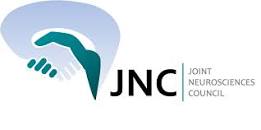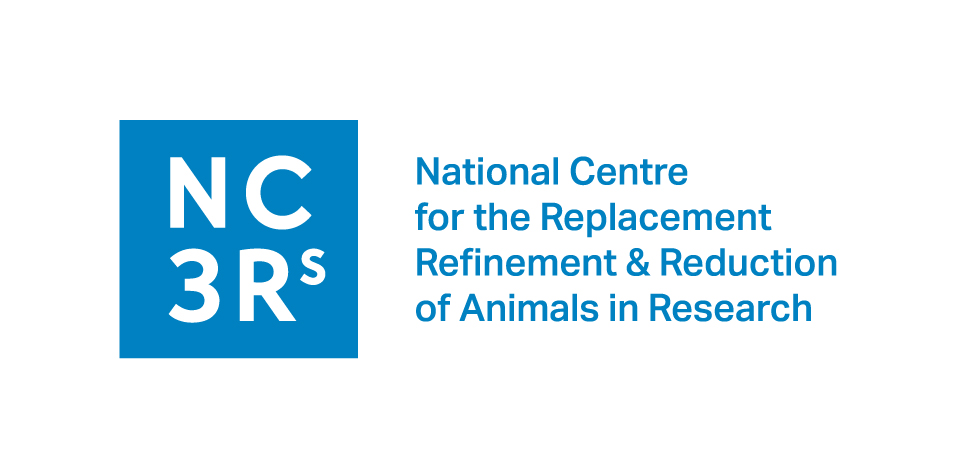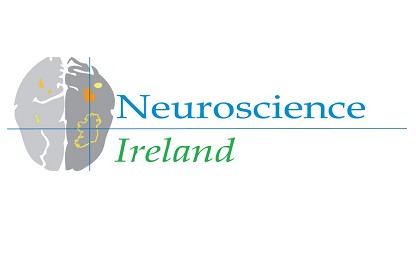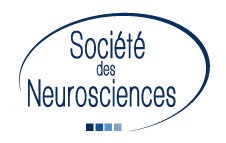BNA2023 Partnering Organisations

| Reduced registration fees for Partnering Organsations: click for details |
We are delighted that, alongside the BNA, the following organisations will be jointly hosting the 2023 International Festival of Neuroscience - a total of twenty three organisations coming together to celebrate and share the latest in global neuroscience today.
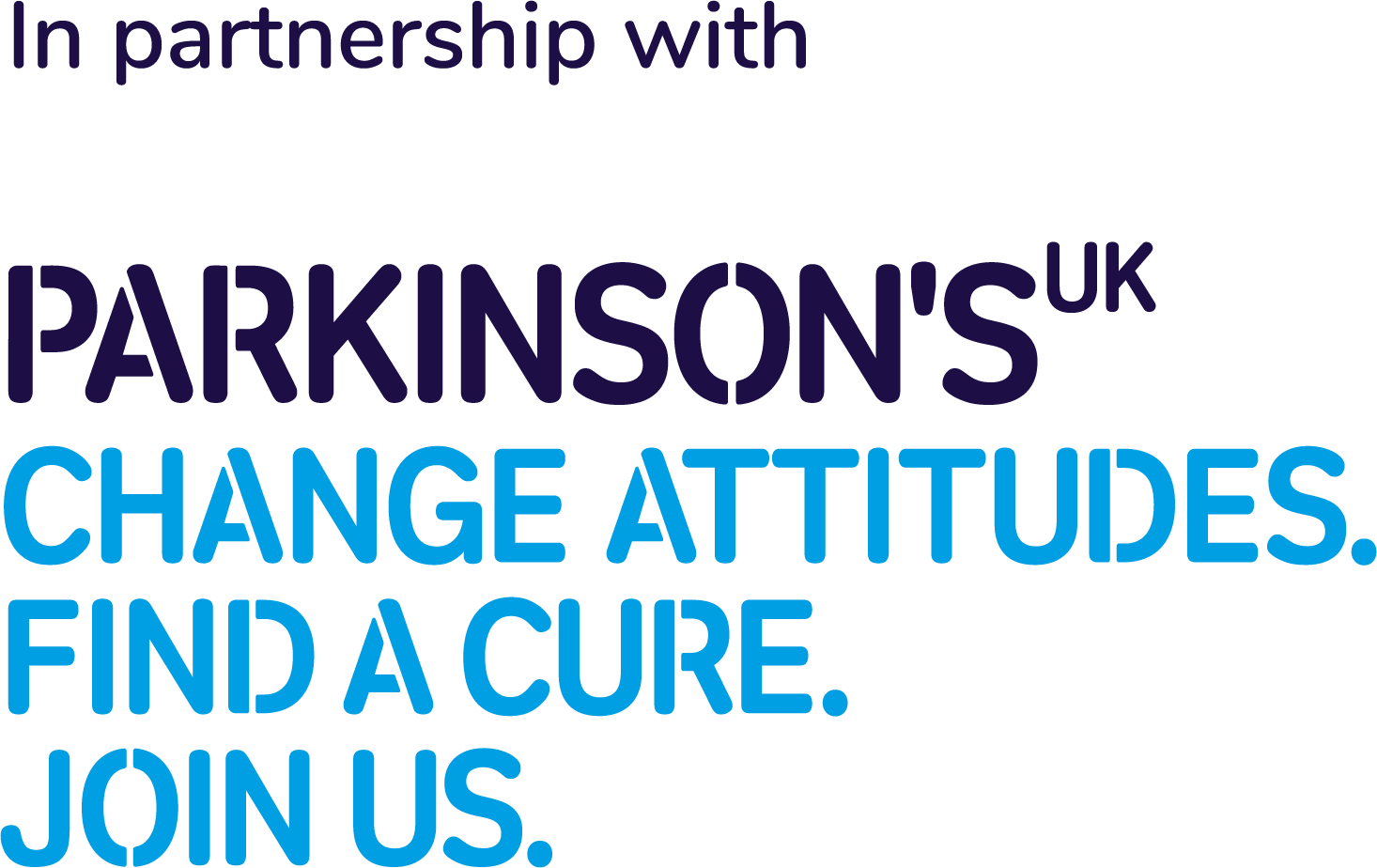 Festival Partner: Parkinson's UK
Festival Partner: Parkinson's UK
We are delighted that Parkinson's UK is joining the BNA as Festival Partner for the 2023 Festival of Neuroscience.
Parkinson’s is the fastest growing neurological condition in the world. Around 145,000 people in the UK have Parkinson’s.
Parkinson's UK invests in groundbreaking projects, such as a 10-year study to reveal the long-term benefits of DBS (deep brain stimulation), and a GDNF (glial cell line-derived neurotrophic factor) clinical trial, which developed robot surgery to deliver a potential treatment to brain cells buried deep inside the brain.
Being Festival Partner means that Parkinson's UK has high level involvement across all aspects of BNA2023, owns a dedicated stream running throughout the Festival programme, and people associated with Parkinson's UK can attend the meeting at reduced registration rates (see below for eligiblity).
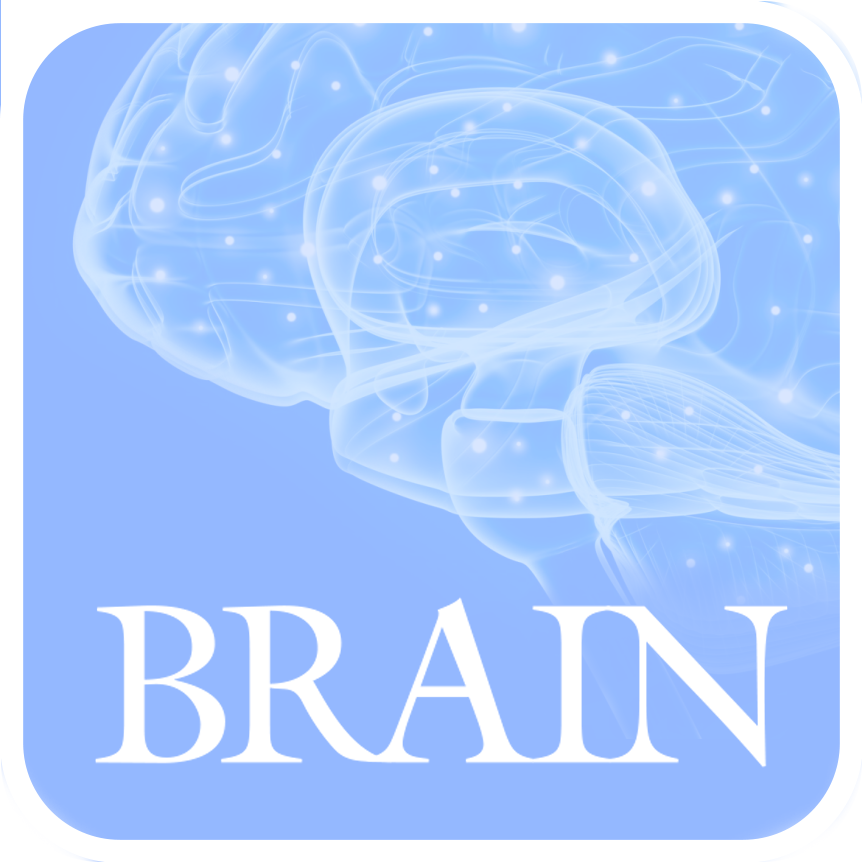 Special Partner: The Guarantors of Brain
Special Partner: The Guarantors of Brain
The Guarantors of Brain is a charity that aims to promote teaching, education and research in neurology and related clinical-academic disciplines, funded by the publications of the Journal BRAIN and BRAIN Comms. The Charity was founded in 1955 with a body of Guarantors drawn from leading British Neurologists, Psychiatrists, Neurosurgeons, Neurophysiologists and Neuroscientists. They work in partnership with the Association of British Neurologists for the Brain Clinical Research Fellowship Scheme.
The BNA-Brain Carer grants, supported by the Guarantors of Brain, help carers to participate in neuroscience activities by meeting some of the additional costs faced by those with caring responsibilities. If you're a carer attending BNA2023 (or other eligible activities) then submit an application here.
Partnering Organisations:
Association of British Neurologists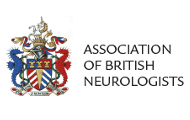
The Association of British Neurologists' mission is to improve the health and well-being of people with neurological disorders by advancing the knowledge and practice of neurology in the British Isles.
Session information:
08:30 - 09:30 BST, Wednesday 26th April 2023
Dimitri Kullmann plenary lecture
Focal epilepsy: from mechanisms to rational gene therapy
Alzheimer’s Research UK is the UK’s leading dementia research 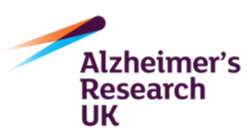
Session information: Developments in translational biology
Topic: Treatments and translational neuroscience
David Rubinsztein, University of Cambridge, UK: Autophagy, a guardian against neurodegeneration
Giedre Cepukaityte, University College London, UK: Early detection of neurodegenerative diseases using digital technologies (co-chair)
Victor Perez, Exscientia, UK: NLRP3: AI structure-based drug discovery guided optimisation of phenotypic hits towards a clinical candidate
Inma Rioja, Bicycle Therapeutics, UK: Bicyclic peptides (Bicycles) as novel multipurpose delivery systems
British Association of Cognitive Neuroscience
A leading focal point for researchers in the field at all stages in their 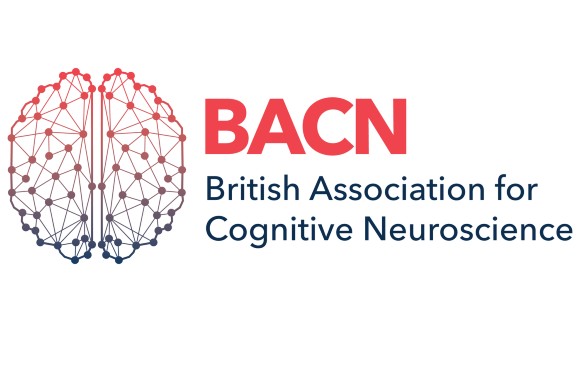 career. Working to promote awareness and discussion of the latest research findings and research methodologies in cognitive neuroscience and reward outstanding talent in the field through Early and Mid-Career Prizes.
career. Working to promote awareness and discussion of the latest research findings and research methodologies in cognitive neuroscience and reward outstanding talent in the field through Early and Mid-Career Prizes.
Session information:
12:00 – 14:40 BST, Sunday 23rd April 2023
What do human hippocampal neurons code?
Topic: Cognition and behaviour
Luca Kolibius, University of Glasgow, UK: Hippocampal neurons code individual episodic memories in humans (co-chair)
Rodrigo Quian Quiroga, University of Leicester, UK: Concept neurons as the building blocks of declarative memory (co-chair)
Doris Dijksterhuis, Netherlands Institute for Neuroscience, UK: Pronouns reactive concept cells in the human medial temporal lobe
Robert Mok, University of Cambridge, UK: How the hippocampus encodes concept and spatial representations: a multi-level account from behaviour to neuron
British Association for Psychopharmacology
The BAP is a learned society and registered charity. It  promotes research and education in psychopharmacology, neuroscience and related areas, and brings together people in academia, health services, and industry. Formed in 1974, it is the largest such national association in Europe, and the second largest in the world.
promotes research and education in psychopharmacology, neuroscience and related areas, and brings together people in academia, health services, and industry. Formed in 1974, it is the largest such national association in Europe, and the second largest in the world.
Session information:
15:30 - 17:10 BST, Tuesday 25th April 2023
Novel strategies to improve drug delivery to the CNS, for treatment of psychiatric and neurodegenerative diseases
Topic: Treatments and translational neuroscience
Khuloud Al-Jamal, King's College London, UK: Quantitative and qualitative analyses of gold nanorods distribution in the brain following nose to brain administration
Asya Petkova, University College London, UK: Nose to brain delivery route for the treatment of neurodegenerative diseases (co-chair)
Maddy King, University of Nottingham, UK: Use of a novel cell-penetrating peptide to facilitate nose-brain delivery of oxytocin for treatment of psychiatric illness (co-chair)
David Dickens, University of Liverpool, UK: Strategies to boost the brain delivery of a NMDA receptor antagonist by targeting drug transporters at the blood-brain barrier
British Neuropathological Society
The British Neuropathological Society provide a friendly and active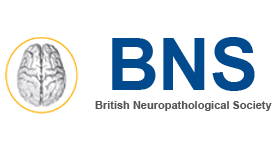 forum for both clinical and experimental neuropathology. Through regular meetings, their Journal, and educational activities they are bringing people together to understand diseases of the nervous system.
forum for both clinical and experimental neuropathology. Through regular meetings, their Journal, and educational activities they are bringing people together to understand diseases of the nervous system.
Session information:
10:20 - 12:00 BST, Sunday 23rd April 2023
Immunotherapy in neurodegenerative diseases
Topic: Ageing and dementia
James Nicoll, Southampton General Hospital, UK: Pathology of immunotherapy in dementias
Chenxi Qiu, Harvard Medical School, USA: Cis P-tau underlies vascular contribution to cognitive impairment and dementia and can be effectively targeted by immunotherapy in mice
Jean-Cosme Dodart, Vaxxinity, USA: The UBITh platform in neurodegenerative diseases
Nivedita Agarwal, IRCCS Eugenio Medea, Italy: Amyloid Related Imaging Abnormalities after immunotherapy
British Neuro-Oncology Society
The British Neuro-Oncology society is central to promoting all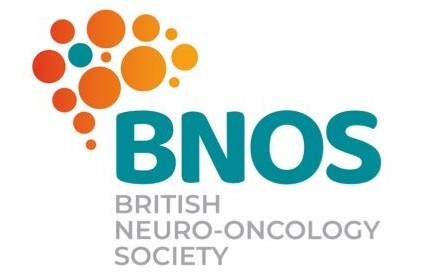 branches of medicine related to neuro-oncology, leading the way in enhancing both research and clinical practice and uniting all the allied sectors, including Parliamentary and Government.
branches of medicine related to neuro-oncology, leading the way in enhancing both research and clinical practice and uniting all the allied sectors, including Parliamentary and Government.
Session information:
Brain models to expedite preclinical to clinical translation in neuro-oncology
10:20 - 12:00 BST, Sunday 23rd April
Topic: Methods and technology development
Victoria Wykes, University of Birmingham, UK: Talk title TBC (co-chair)
Manav Pathania, University of Cambridge, UK: Talk title TBC
Harish Poptani, University of Liverpool, UK: Talk title TBC
Neil Carragher, University of Edinburgh, UK: Talk title TBC
British Neuropsychiatry Association
The British NeuroPsychiatry Association is the principa l academic and professional body for medical practitioners and professionals allied to medicine working at the interface of the clinical and cognitive neurosciences, and psychiatry. This dynamic and growing organisation provides a forum to assist its members maintain and extend their knowledge and skills and to improve the understanding and treatment of people with neuropsychiatric disorders.
l academic and professional body for medical practitioners and professionals allied to medicine working at the interface of the clinical and cognitive neurosciences, and psychiatry. This dynamic and growing organisation provides a forum to assist its members maintain and extend their knowledge and skills and to improve the understanding and treatment of people with neuropsychiatric disorders.
Session information:
10:20 - 12:00 BST, Sunday 23rd April 2023
Neuromodulation enhanced activity-based therapy for motor recovery following Spinal Cord Injury.
Topic: Sensory and motor systems
Chloe Shin-Yi Chiou, University of Birmingham, UK: Pairing movements across arms and the trunk for enhancing motor output of the trunk after spinal cord injury (co-chair)
Ronaldo Ichiyama, University of Leeds, UK: Neuromodulation of Spinal Circuits: Neurorehabiliation and Recovery of Function Following Severe SCI
Lynsey Duffell, the University College London: First UK experience of epidural Spinal Cord Stimulation in a patient with motor complete spinal cord injury – motor recovery and multisystem gains (co-chair)
Joseph Steel, the London Spinal Cord Injury Unit at the Royal National Orthopaedic Hospital: Early application of neuromodulation to enhance recovery following Spinal Cord Injury - a clinical perspective
CURE-ND stands for Catalysing a United Response in Europe to 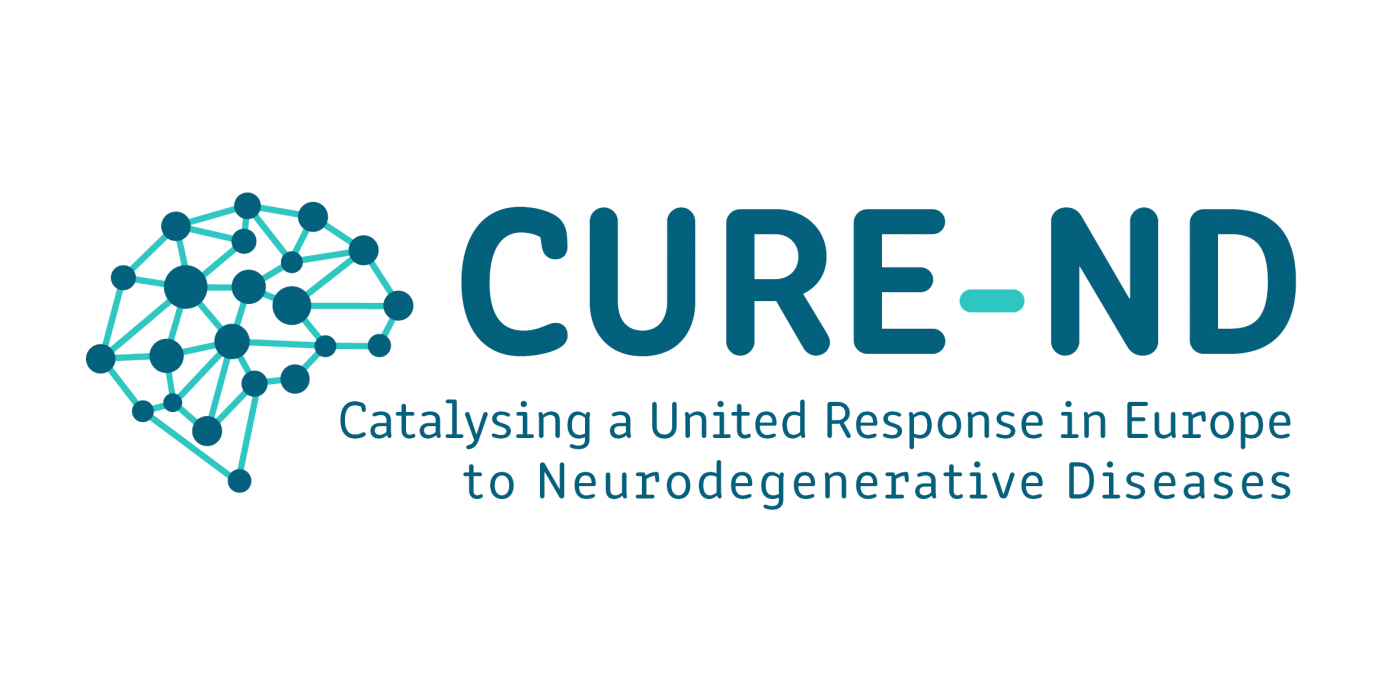 Neurodegenerative Diseases. It is a new alliance between the German Center for Neurodegenerative Diseases (DZNE), the Paris Brain Institute (ICM), Mission Lucidity (ML, a partnership between imec, KU Leuven, UZ Leuven and VIB in Belgium) and the UK Dementia Research Institute (UK DRI). Together, these partners embrace a joint effort to accelerate the pace of scientific discovery and nurture breakthroughs in the field of neurodegenerative diseases.
Neurodegenerative Diseases. It is a new alliance between the German Center for Neurodegenerative Diseases (DZNE), the Paris Brain Institute (ICM), Mission Lucidity (ML, a partnership between imec, KU Leuven, UZ Leuven and VIB in Belgium) and the UK Dementia Research Institute (UK DRI). Together, these partners embrace a joint effort to accelerate the pace of scientific discovery and nurture breakthroughs in the field of neurodegenerative diseases.
Session information:
11:50 - 12:50 BST, Tuesday 25th April 2023
Understanding neurodegeneration through single cell- and organoid-based approaches
Topic: Parkinson's disease and other neurodegenerative disorders
Giles Hardingham, UK Dementia Research Institute at The University of Edinburgh, UK: Glia-neuronal interactions in Alzheimer's disease (co-chair)
Wei-Ting Chen, VIB - KU Leuven Center for Brain and Disease Research, Belgium: Exploiting spatial transcriptomics to understand Alzheimer's disease (co-chair)
Benjamin Galet, Paris Brain Institute, France: Lineage-specific molecular profiling in organoid models of Alzheimer's Disease
Michela Deleidi, German Centre for Neurodegenerative Diseases (DZNE), Germany: Insights on neurodegeneration from human cerebral organoids
Drug Science works to provide an evidence base free from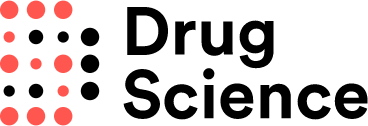 political or commercial influence, creating the foundation for sensible and effective drug laws, and equipping the public, media and policy makers with the knowledge and resources to enact positive change.
political or commercial influence, creating the foundation for sensible and effective drug laws, and equipping the public, media and policy makers with the knowledge and resources to enact positive change.
Session information: The truth about drugs: the neuroscience, evidence, and drug checking
Sunday 23rd April 2023
Topic: Treatments and translational neuroscience
Hannah Thurgur, Drug Science, UK: Feasibility study of medical cannabis for the treatment of Long COVID symptoms (co-chair)
David Nutt, Imperial College London, UK: Between Receptor and Mind: How Psychedelics Work in the Brain
Anne Schlag, Kings College London, UK: Real World Evidence on the effectiveness of Cannabis-based medicinal products (CBMPs) for neurological conditions (co-chair)
Fiona Measham, University of Liverpool, UK: Introducing the UK's first Home Office-licensed, local government-funded regular drug checking service
Epilepsy Research UK is the only charity exclusively dedicated to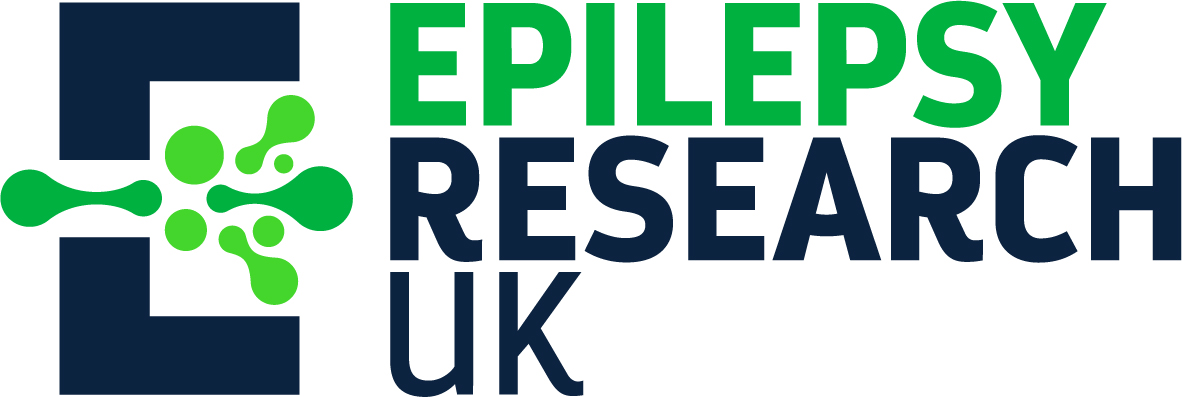 driving and enabling life changing, life saving research in the UK. They play a key role in bringing the epilepsy research community together, inspiring collaborations and driving further investment for research into epilepsy.
driving and enabling life changing, life saving research in the UK. They play a key role in bringing the epilepsy research community together, inspiring collaborations and driving further investment for research into epilepsy.
Session information:
Innovations in research from Epilepsy Research UK
9:30-11:10 BST, Tuesday 25th April
Topic: Other neurological disorders
Gareth Morris, University College London, UK: MicroRNA-based therapies for epilepsy (co-chair)
Faye McLeod, Newcastle University, UK: Modelling monogenic epilepsy in human brain slice cultures (co-chair)
Marie Pronot, University of Edinburgh, UK: Pathophysiological consequences of middle domain DNM1 mutations
Anna Norton, Epilepsy Research UK: The Top 10 Epilepsy Research Priorities: A UK Priority Setting Partnership
European Brain and Behaviour Society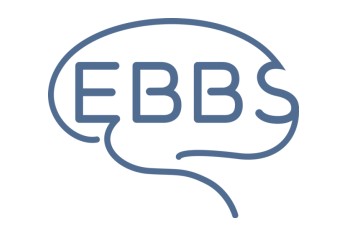
The European Brain and Behaviour Society (EBBS) promotes the interaction and exchange of information between scientists in Europe with a common interest in the brain mechanisms of behaviour.
Established in 1968, EBBS is the oldest society in the world focused on the interrelationship between brain and behaviour and is a founding member of the Federation of European Neuroscience Societies (FENS).
Session information:
Behavioural insights into the nature of spatial memory
9:30-11:10 BST, Tuesday 25th April
Topic: Cognition and behaviour
Alexander Easton, Durham University, UK: non-speaking co-chair
Dorothy Tse, Edge Hill University, UK: non-speaking co-chair
Steven Poulter, Durham University, UK: Remembering where things are: Vector Trace cells, Theta Oscillations and Virtual Reality
Eleonore Duvelle, Dartmouth University, USA: Hippocampal place cell firing during flexible spatial navigation
Lisa Genzel, Radboud University, Netherlands: The HexMaze: testing previous knowledge effects in map learning
Jan Wiener, Bournemouth University, UK: Route sequence knowledge aids the formation of cognitive graphs
The Joint Neurosciences Council is composed of Member Societies and associations working in the clinical neurosciences within the UK. It seeks to promote the interest of the clinical neurosciences within the UK and to foster relationships between its members. It also acts as a forum for joint discussions with health departments in the UK and seeks to encourage research and education in the clinical neurosciences.
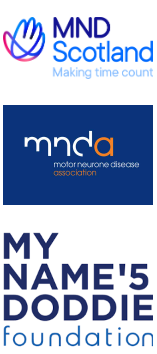 MND Scotland, MND Association and My Name’5 Doddie Foundation
MND Scotland, MND Association and My Name’5 Doddie Foundation
Motor Neurone Disease Scotland is the leading charity in Scotland providing care and support to people affected by Motor Neurone Disease (MND), as well as funding vital research into finding a cure.
The Motor Neurone Disease Association (MNDA) funds research, improves care and provides support for people with MND, their families and carers. They are a membership organisation with over 10,000 members forming a powerful national and local network that provides information and support
The My Name'5 Doddie Foundation work in partnership with existing frontline care providers to ensure the holistic needs of patients and their families are understood and met.
Session information:
10:20 - 12:00 BST, Sunday 23rd April 2023
National Institute for MND Research: Translating into treatment for MND - is the time now?
Topic: Treatments and translational neuroscience
Ammar Al-Chalabi, King's College London, UK: The challenges of motor neuron disease research and the opportunities ahead (co-chair)
Arpan Mehta, University of Edinburgh and UCL, UK: Human stem cell based accelerated drug discovery (co-chair)
Pamela Shaw, University of Sheffield, UK: Translational pipeline of potential neuroprotective therapies and biomarkers
Alex Thompson, University of Oxford, UK: Identifying early ‘presymptomatic’ disease markers
The NC3Rs is a UK-based scientific organisation that works nationally and internationally with the research community to replace, refine and reduce the use of animals in research and testing.
Session information:
09:30-11:10 BST, Monday 24th April 2023
Refining the use of head fixation and food & water control in rodents
Topic: Methods and technology development
Chris Barkus, NC3Rs, UK: NC3Rs working group on high-yield rodent behavioural experiments (co-chair)
Malamati Bitzidou, The Francis Crick Institute, UK: The head fixation surgery and procedure (co-chair)
Adil Khan, King's College London, UK: Food restriction for optimizing high-yield behavioural assays
Emma Robinson, University of Bristol, UK: Habituation methods to improve scientific outcomes and benefit animal welfare
Neuroscience Ireland (NI) was established in 2005 as Ireland’s National Neuroscience Society, and is a registered charity in the Republic of Ireland. The aim of the Society is to advance research and education in the neurosciences in Ireland, and to represent Irish neuroscience researchers both nationally and internationally
Session information:
Sunday 23rd April 2023
Stroke and neuroprotection: novel strategies
Topic: Other neurological disorders
Karen Doyle, National University of Ireland, Galway, Ireland: Stroke as a systemic disease: understanding the clots that cause strokes (co-chair)
Christian Waeber, University College Cork, Ireland: The Role of Regulatory T Cells in Stroke Recovery
Malcolm MacLeod, University of Edinburgh, UK: Talk title TBC
Johanna Ospel, University of Basel, Switzerland: Current state-of-the-art acute ischemic stroke treatment from a clinician's perspective (co-chair)
The French Neuroscience Society is a non-profit scientific association with the aim to promote research in all areas of neuroscience. It is an association for French-speaking scientists working in all fields of neuroscience, from basic to clinical and applied research, from both private and public institutes and from all nationalities.
Session information: Ion channelopathies in neurodevelopmental disorders
Topic: Other neurological disorders
- Philippe Lory, Institut de Génomique Fonctionnelle, France: Gain-of-Function mutations in calcium channel genes are an emerging cause of severe neurodevelopmental disorders
- Florence Riccardi, Centre de Génétique Médicale de Marseille, France: RNA interference-based therapeutic development for KCNQ2-related epileptic and developmental encephalopathies (co-chair)
Wednesday 26th April 2023
09:30 - 11:10 BST - Parallel sessions
Society for British Neurological Surgeons 
The purpose of the Society is the study and advancement of Neurosurgery. This is achieved through the scientific meetings of the Society, through publications arising from deliberations about aspects of Neurosurgical practice and delivery of Neurosurgical services, through fostering professional relationships amongst neurosurgeons and through engagement with the public and bodies involved in the provision of care to patients requiring Neurosurgery. The Society promotes safe and effective Neurosurgical treatment for patients throughout Great Britain and Ireland.
Session information:
15:30 - 17:10 BST, Tuesday 25th April
Obtaining and using living human brain tissue for translational research - hype, hope or hassle? (WORKSHOP)
Topic: Methods and technology development
William (Liam) Gray, Cardiff University and University Hospital Wales, UK: Workshop Overview, and Using Primary Adult Human Brain tissue to study Neuroinflammatory and neurodegenerative diseases
Ryan Mathew, University of Leeds & Leeds Teaching Hospitals NHS Trust, UK: Living Human Brain Tissue in Neuro-Oncology Research
Victoria Wykes, University of Birmingham, University Hospital Birmingham, UK: Ensuring governance, quality and equity of access to researchers - a personal experience
Paul Brennan, Edinburgh University, UK: Knowing your tissue - the importance and value of phenotyping
Siebzehnrubl Florian, Cardiff University, UK: Why I bother collaborating with academic neurosurgeons
The Physiological Society promotes physiology and support those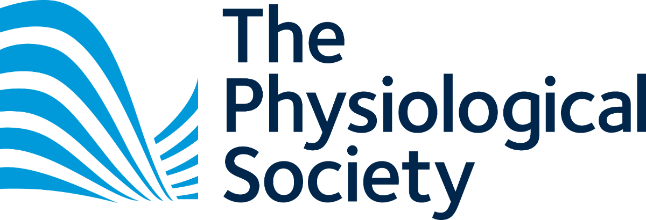 working in the field by organising world-class scientific meetings, offering grants for research, collaboration and international travel, and by publishing the latest developments in their leading scientific journals, The Journal of Physiology, Experimental Physiology and Physiological Reports.
working in the field by organising world-class scientific meetings, offering grants for research, collaboration and international travel, and by publishing the latest developments in their leading scientific journals, The Journal of Physiology, Experimental Physiology and Physiological Reports.
Session information:
09:30 - 11:10 BST, Monday 24th April 2023
Neurovascular contributions to dementia
Topic: Ageing and dementia
Silvia Anderle, University of Sussex, UK: APOE genotype and amyloid-β interactions in the emergence of AD pathology (co-chair)
Beth Eyre, University of Sheffield, UK: Investigating the effects of atherosclerosis in an Alzheimer's disease model (co-chair)
Axel Montagne, University of Edinburgh, UK: Loss of Endothelial-Pericyte Crosstalk: A Major Driving Force in Dementia Pathology
Edith Hamel, McGill University, Canada: Brain endothelial cell dysfunction, white matter alterations and cognitive deficits
Reduced registration rates for members and associates of Partnering Organisations
Members or associates of all of the asterisked Partner organisations listed above, plus Parkinson's UK, The Guarantors of Brain, and the BNA, are entitled to register for substantially reduced registration rates.
How to benefit from reduced registration fees:
- Not a member or associate? If you aren't already, then become a member of the BNA or one of the eligible organsiations above. You can join the BNA straight away online.
- If you are a BNA member: Log in to the BNA website when you are registering for BNA2023, and you will automatically get the reduced members' rates.
- If you are associated with Parkinson's UK, The Guarantors of Brain or one of the partnering organisations: Your relevant organsation will provide you with a discount code to apply during the registration process.
If you haven't got this code, then please contact [email protected].
Definition of members and associates of Partnering Organisations
For Partnering Organisation which are member organisations: such as the BNA or The Physiological Society for example, you need to be a fully paid-up member of your society to qualify for the discounted rates. Individuals who register using a partnering organisation discount code will have their membership verified with the relevant organisation.
For funders/charities: such as ERUK, Parkinson's UK and ARUK for example, you need to be directly associated with this organisation to qualify for discounted rates. Individuals who register using a discount code will have their association verified with the relevant organisation.

